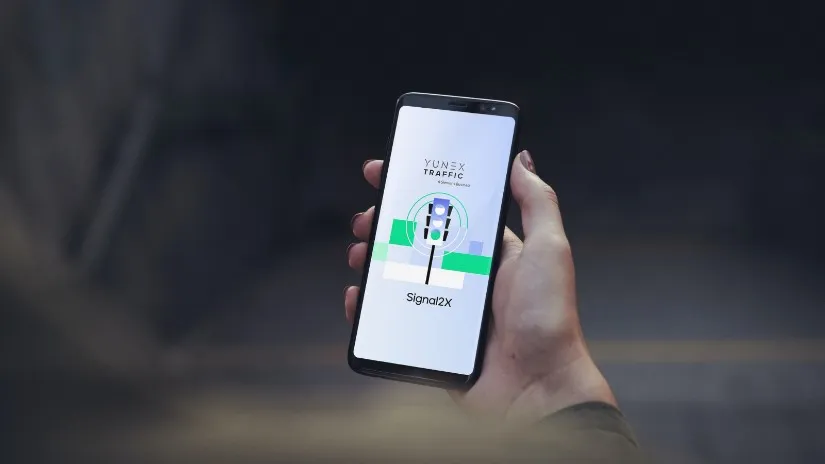Belgian company Alfen has won a tender to supply the European Commission offices in Brussels with charging equipment for electric vehicles (EVs). Alfen will also provide its online management tool for real-time insights into charging behaviour and remote control of the chargers. The roll-out of the first phase of 60 chargers is taking place in September 2017.
The decision to implement charging infrastructure at its offices is in line with the EU rules, which encourage the installation of publicly accessible chargers for electric cars across Member States. This includes parking lots used by many people, for example in big apartment blocks or office buildings.
In a first phase, 60 Eve chargers, Alfen's smart charger with two outlets, will be installed in various parking lots of the European Commission around Brussels. Via Alfen's backend management system, the system operators have real-time visibility on the status and usage of the chargers.
Alfen to supply EU offices with EV charging infrastructure
Belgian company Alfen has won a tender to supply the European Commission offices in Brussels with charging equipment for electric vehicles (EVs). Alfen will also provide its online management tool for real-time insights into charging behaviour and remote control of the chargers. The roll-out of the first phase of 60 chargers is taking place in September 2017.
September 14, 2017
Read time: 1 min









